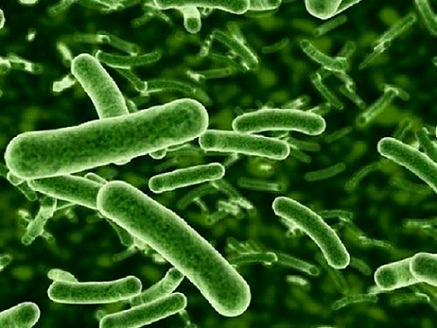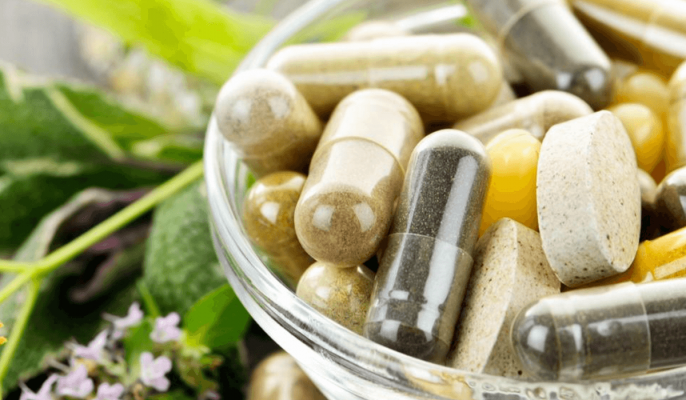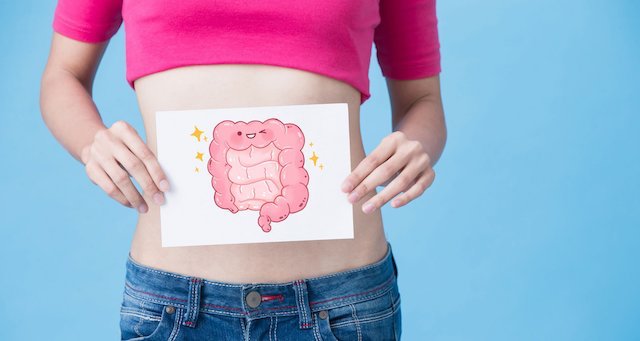Side Effects of Too Much Probiotics – How To Deal With
Probiotics are living bacteria that provide health benefits. They can be ingested through natural dietary sources or supplements. There are a few side effects of probiotics that creep up from time to time. Don’t despair if you feel these as probiotics are generally very good for you! The side effects of probiotics include gas, migraines and infection risk.
Probiotics include gut-friendly yeasts too. While the benefits are numerous, there could be a few potential side effects too.
However, most of the side effects are caused when the probiotics are not taken as intended or in the correct dosage. It is important to note that there is no FDA approved dosage as yet because of lack of significant research.
How Much is Too Much?
Probiotics are considered safe for most people, except for individuals with suppressed immunity and with irritable bowel syndrome or IBS. The human body normally hosts upwards of a trillion microorganisms. There is a delicate balance among the 500 or so species – some of which are bad and some good.
Eating lots of fermented food and other rich sources of probiotics is considered beneficial to maintain a healthy ecosystem in your small intestine. However, the right gut microbiome is unique to each individual.
It is possible that the supplements you take might introduce a particular strain of bacteria which is already rampant in your gut causing an imbalance. This can lead to side effects.
There is no set prescribed limit for the amount of probiotics you need. It becomes even more difficult as different manufacturers have different strains of bacteria and yeast in their supplements. However, a minimum of 14 billion CFUs or colony forming units is the recommended dosage.
Side Effects
Any change in your body will lead to initial complications and issues. No change is accepted smoothly by the human body, no matter how healthy. Probiotics help in boosting immunity, improving digestion, and increasing absorption of nutrients.
However, an immediate increase in the good bacteria in your system will cause a temporary imbalance in the existing gut microflora. This can lead to potential side effects especially if you are taking too many probiotics. These complications should disappear once you lower the dosage or switch to another source.
1. Digestive Issues
This is a given with any dietary change. The most commonly reported side effect from taking too many probiotics in a short duration of time is bloating, constipation, gas, and abdominal pain. Many yeast based probiotics can increase thirst as well.
The side effects can be exacerbated if you are allergic or are intolerant to a particular strain of bacteria or yeast.
You might find it ironic that the side effects are exactly what the probiotics meant to ease. However, it is vital to note that your body needs time to acclimatize itself to digestive changes. Diarrhea is very common with probiotics in the first few days.
The only way to counteract these digestive side effects is to lower the dose if you are on supplements. You can try switching to another dietary source if you have recently included probiotic enriched foods in your diet.
Some probiotics are synbiotic meaning they contain prebiotics in addition to live bacteria. Prebiotics are plant based dietary fibers which are good source of food for the bacteria.
It helps the good bacteria in forming large colonies quickly. However, prebiotics are indigestible by human beings. This can cause major bloating and gas. Taking too much of a supplement with prebiotics can lead to major digestive discomforts.
2. Migraines
Probiotics do not cause headaches. However, some probiotic-rich foods like kimchi and sauerkraut contain biogenic amines.
This is created during the fermentation process. Needless to say, you will not have this side effect if you are having supplements. Amines are broken down upon digestion into various sub-types such as histamines, tyramine, tryptamine, and phenylethylamine.
Amines are created only when protein containing foods are fermented. Hence, you can have this side effect by consuming probiotic enriched yogurt as well.
The research on this is still shaky since a review of over 10 controlled studies did not find any major effect of dietary amines on headaches. However, one particular study found that people with a reduced amine diet witnessed 75% decrease in headaches.
3. Allergies
Some probiotics might cause adverse reactions in people with existing allergies and food intolerance. Many supplements contain traces of dairy, soy, and egg.
People who are not allergic or intolerant to a particular food might also witness adverse reactions by ingesting too much probiotics. For instance, even an average healthy human might experience diarrhea upon consuming large quantities of yogurt.
Lactose also called milk sugar is one of the common ingredients in supplements. However, many people cannot digest large quantities of this component. It is possible to experience adverse reactions and allergies upon taking supplements with such components.
4. Infection Risk
Probiotics are essentially bacteria at the end of the day. In some rare cases, bacteria can escape into the bloodstream. Taking too many bacteria puts you at an increased risk of infection or illness.
This is one of the major deterrents for people with suppressed immunity to avoid probiotics. These are not recommended for people who have venous catheters, prolonged hospitalization or have recently undergone a surgery.
It is important to note that the risk of developing a serious infection is extremely low when taken in the correct dosage as intended. However, when you include too many probiotics, you increase the risk. Also, when infections do occur, they respond fairly well to antibiotics and antifungals.
5. Adverse Histamine Reactions
Histamine is normally produced by the immune system as a threat. Increased histamine levels cause immune cells carrying blood to rush to a particular area. This helps in combating any pathogen effectively and quickly. On top of this, few bacteria strains produce histamine inside the digestive tract.
The human body produces an enzyme called diamine oxidase (DAO) that naturally degrades histamine molecules in the digestive tract. However, some people with histamine intolerance cannot produce this enzyme while others cannot create copious amount of the enzyme in a short period of time.
Hence, when you ingest too many histamine producing bacteria, your body cannot keep up with the production of DAO, causing symptoms similar to an allergic reaction.
One Step at a Time
Probiotics are best taken in the right dosage as recommended. You need to make sure that you introduce them to your digestive system in low doses and then gradually increase the dose as your body gets used to them.




